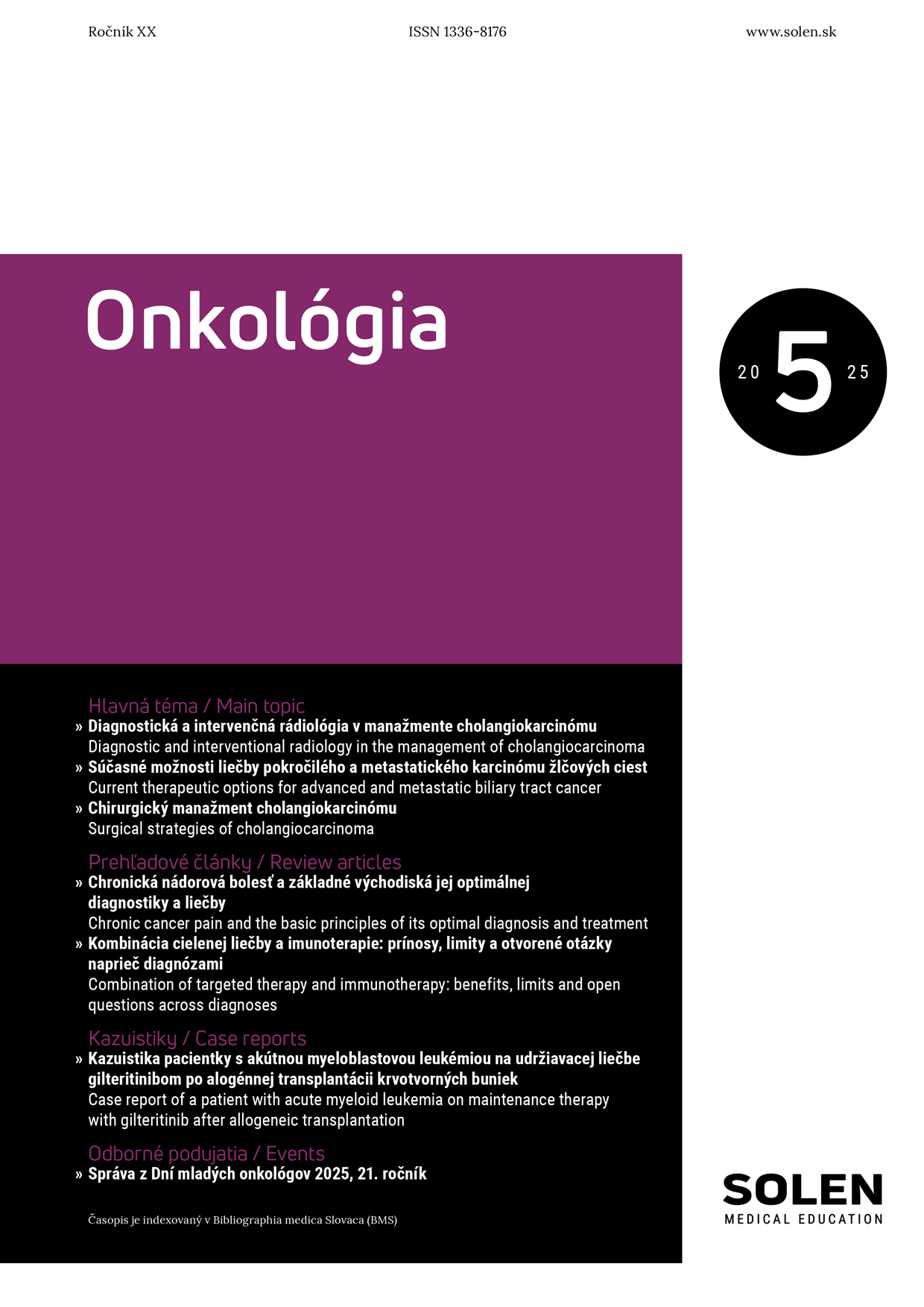Vaskulárna medicína 1/2025
Sticky platelet syndrome in pregnancy – 20 years of our experience
Introduction: Pregnancy is a period of a woman‘s life when prothrombogenic factors naturally predominate and a physiological thrombophilic state occurs. These changes are designed to protect the woman from excessive bleeding during childbirth. However, especially in women with congenital thrombophilia, the risk of thrombotic events increases. Sticky platelet syndrome (SPS) can present with arterial or venous thrombosis in pregnancy. However, it is even associated with various pregnancy complications, such as repeated early or late abortions.
Patients and methods: 160 women who have overcome various pregnancy complications and have been diagnosed with SPS by aggregometry.
Results: Early abortions dominated in women with SPS. In most cases, SPS was the only identified thrombophilia. More than half of women had a positive family history of thrombotic events or fetal loss syndrome. Among pregnant women after the diagnosis of SPS (76; 47.5%), only 2 suffered another fetal loss while on thromboprophylaxis with acetylsalicylic acid (ASA). The rate of successful pregnancies was 97.4%.
Conclusion: Antiplatelet therapy appears to be beneficial in both preventing thrombosis and maintaining pregnancy in pregnant women with SPS.
Keywords: sticky platelet syndrome, pregnancy, abortions, pregnancy complications, fetal loss syndrome, acetylsalicylic acid

















